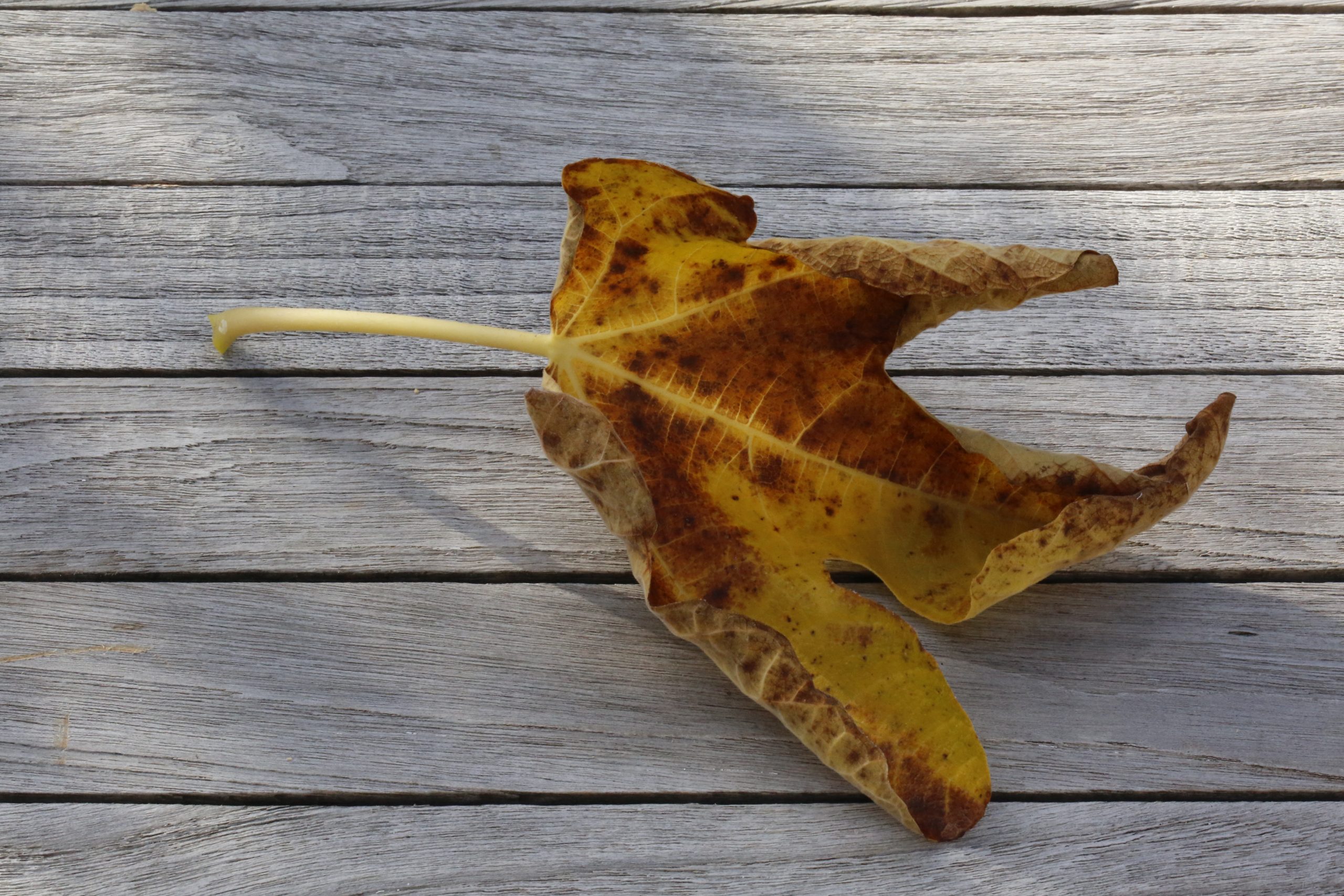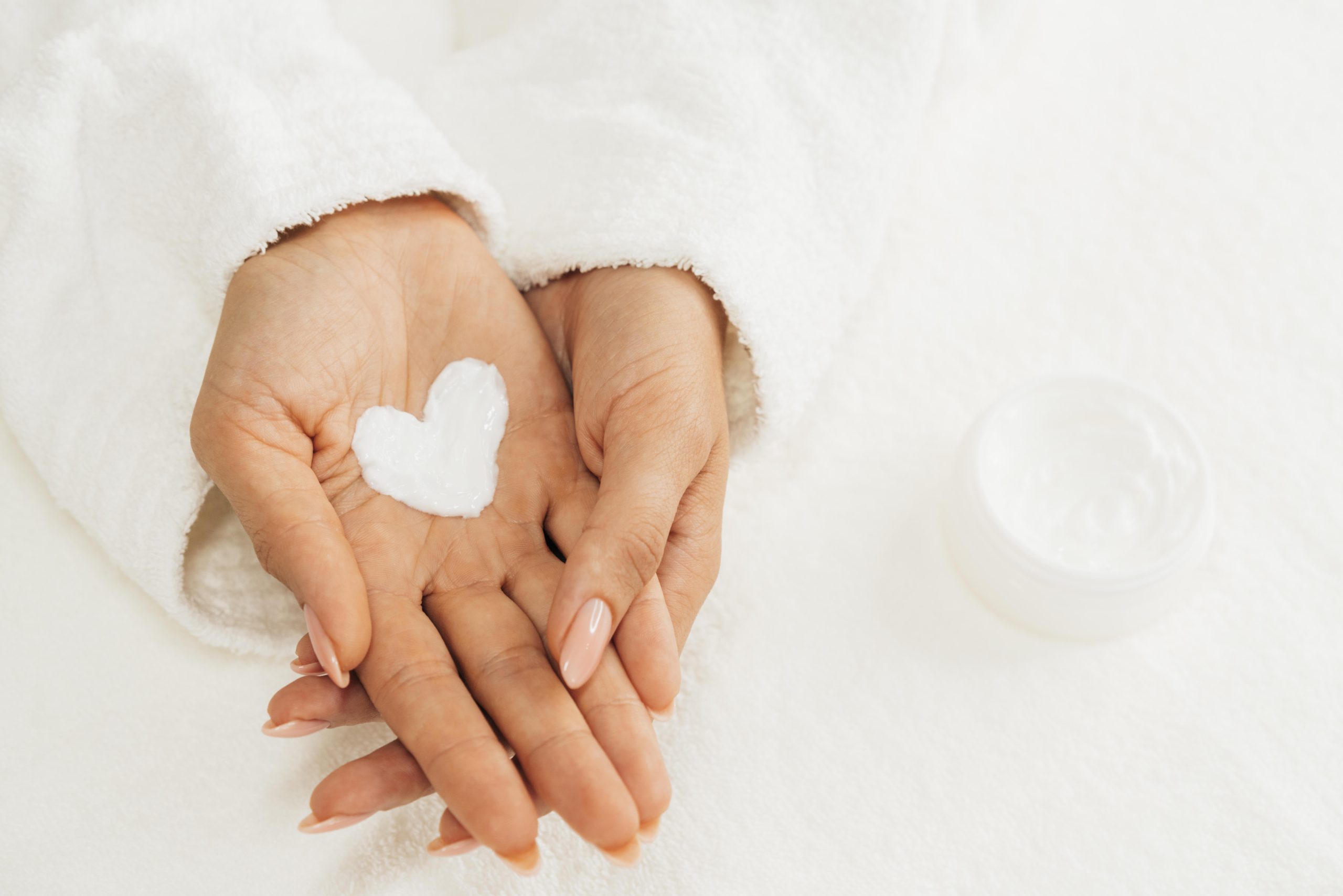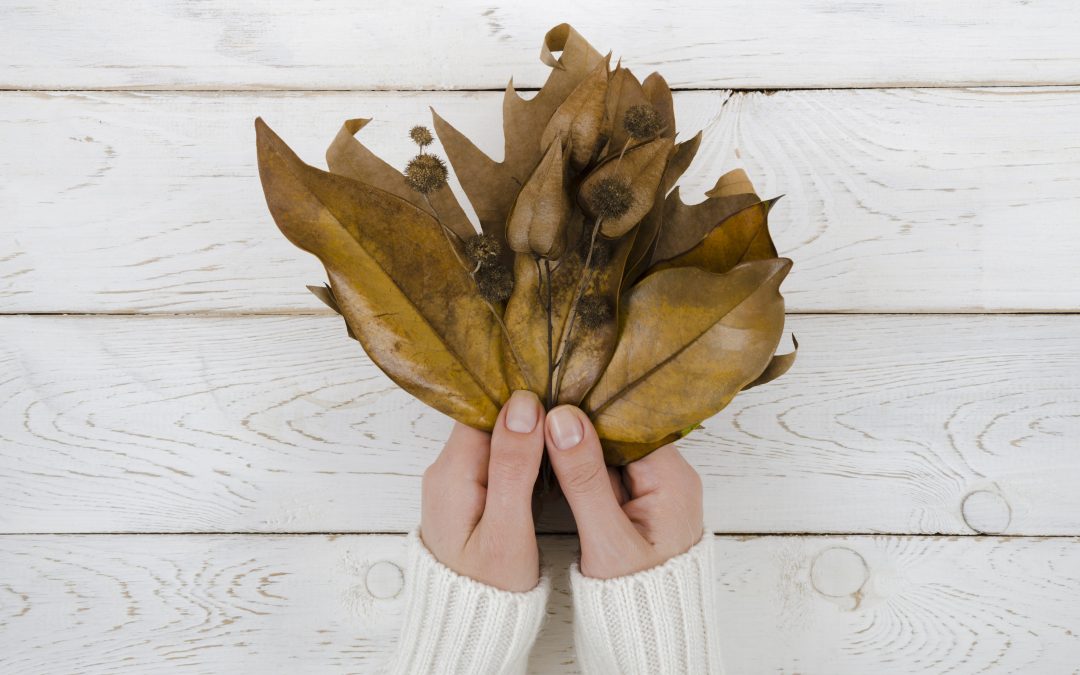
From the moment we are born, our journey in life begins with learning—learning how to survive and thrive on this Earth. From drinking milk as an infant, turning over, crawling, and walking, to studying, making friends, and organising activities, and eventually working and engaging in social interactions—we are constantly learning how to live better. Many teach us how to live and make peace with the world, but no one actually teaches us how to be ready for the day when we have to leave it. How do we prepare for that eventuality?
Amid the daily grind of life, when a major event suddenly occurs, it’s natural to feel anxiety and lost, not knowing which direction to take. Similarly, facing the final chapter of life is a permanent farewell to this world. When we encounter death, whether it’s our own or a loved one’s, it’s often for the first—and last—time. Does ignoring or avoiding conversations about death make it less likely to happen?
We are all beginners when it comes to the end of life, especially our own. If more people in society learn about end-of-life or hospice care, it can benefit everyone. For instance, if life reaches an irreversible stage, how would you want to spend your final moments? Would you simply wait for the inevitable, or would you make the most of the time you have left? If we accept that life is a journey towards death from the moment we are born, how would we prepare to say goodbye?
In our society, there are professional care centres, will-making services, and even comprehensive funeral planning packages that allow us to prepare for the future. How do we want to be cared for when we are no longer able to care for ourselves? How can we ensure a comfortable and dignified existence without burdening others? All of these things can be planned out while we are still healthy.
A friend recently shared that, after the pandemic, they realized how little they actually needed. They decided to downscale their business ventures and make arrangements for their twilight years, including considering palliative and hospice care if they were ever diagnosed with an irreversible illness.
Hospice care is often misunderstood as “giving up treatment.” I prefer to call it “choosing” palliative care or end-of-life support. It encompasses two main aspects: symptom management through medical care and emotional support through end-of-life companionship. For terminal patients, controlling symptoms and managing pain are critical. Comprehensive support often includes social workers, clergy, volunteers, and psychologists who provide assistance and solace to both patients and their families.

Hospice care serves as a midway rest stop, especially for terminal cancer patients, helping them prepare for their final journey. It also provides an opportunity for families to express gratitude, seek forgiveness, share love, and bid farewell. When one family member falls ill, everyone in the household is affected. A negative medical diagnosis often hits like a bolt from the blue; some even see it as a “fall from heaven to hell.” Hospice care not only supports the patient but also the caregivers, offering them much-needed respite.
In Malaysia, organizations like Hospice Malaysia, Kasih Hospice, and Kuching Life Care provide services to terminal patients and their families. For children, the Malaysian Association of Paediatric Palliative Care (MAPPAC) focuses on alleviating symptoms and supporting caregivers. Volunteers trained by such organizations often help with tasks like bathing and grooming, ensuring that patients can maintain their dignity even in their most vulnerable moments.
Imagine how you would feel after three days without bathing or a week without washing your hair. Patients confined to bed often suffer more discomfort due to lack of personal care. While these organisations can’t yet cover all areas of Malaysia, their efforts are gradually making a difference through greater awareness which directly leads to greater participation from the public.
Recently, during a dinner with friends, the topic of healthcare choices came up. I jokingly asked, “Have you written your will?” A friend replied, “I think about it often but haven’t acted on it.” My advice: act on it now. A will isn’t just about distributing assets—it’s about making decisions regarding medical care, funeral arrangements, and other essential matters. These may seem like trivial details but are actually very important. It’s not like we are able to get up to object to what the living decides for us while we are lying in a hearse.
When life reaches its end, are you ready to say goodbye?

Nirvana Care Grief Care Department
Nirvana Care’s Grief Care Department provides hospice, bereavement and loss care counselling services. Appointments for individual loss and grief counselling, group support and life education outreach can be made at griefcare@nvasia.com.my or by calling 010-9896954 during office hours, from Monday to Friday, 10am to 5pm (except for weekends and public holidays).
Author’s Profile
Nai Seow Hong has a Master’s Degree in Thanatology and Health Counselling from the National Taipei University of Nursing and Health Sciences, specialising in thanatology, life education, hospice care and loss care.
Double Spring and Leap Month
What are “Double Spring” and “Leap Month”? A Double Spring Year refers to a year containing two “Beginning of Spring (Lichun)” solar terms. In the 24 Solar Terms system, Beginning of Spring symbolises the awakening of yang energy and nature’s rebirth – the beginning of annual vitality. Two Beginning of Spring occurrences signify double yang energy and the return of spring’s blessings, making it extremely auspicious.
A Leap Month Year occurs due to……
Stars in the Night Sky
we will become a star in the sky, becoming one among a sea of twinkling lights. We can always see our loved ones and friends in the night sky, so we won’t be alone
Worship offerings: Preserving tradition and keeping up with the times
there is a traditional proverb for worship, that it is hoped that people should drink water and think of the source, and to pay careful attention to one’s parents’ funerary rites and to worship one’s ancestors. The children and descendants must remember that they owe it to the sacrifices of their ancestors that they get to enjoy the shade of the great trees and the fruits of their labour!
So this is what my social media accounts will look like after I’m gone!
So this is what my social media accounts will look like after I’m gone! Although there are still some who will avoid talking about death, people are beginning to accept the inevitable and face it positively and pre-plan with changing times. However in modern society,...
Nirvana’s Golden Harvest Reward: An excellent mutual benefit for customers
A free gift given with purchases of specific Nirvana products, the innovative reward programme allows customers to enjoy an estimated 4-times reward of the purchase price in a period of 30 years – with zero risk and zero investment capital – creating a win-win outcome for everyone.
Maintenance trust funds for memorial parks: Why is it important for customers?
Maintenance trust funds for memorial parks: Why is it important for customers?
The Final Portrait
Many people tend to think they don’t need to have their pictures taken or they dislike the notion because they are too old. Later however, when the time comes to prepare for the funeral, there simply isn’t a suitable or presentable photo that can be used as a funeral portrait.
RHYME OF LIFE: A PRICELESS TREASURE OF LOVE
“The goal isn’t to live forever, the goal is to create something that will.”
Nirvana Center Kuala Lumpur built their unique columbarium that is touted to be unlike any other found in Malaysia – the Rhyme of Life, embodying American journalist and novelist Chuck Palahniuk’s quote above.
Why are funerals needed?
Every ritual at a funeral is a way to accept the fact that we have lost a loved one, and the loss of a loved one is an unavoidable life experience for everyone and it is also a process.
PRE-PLANNING THE FUTURE AS AN ACT OF LOVE
In some cultures, death is a taboo topic.
What’s more, to talk about death and money in the same conversation would raise suspicion of greed and distrust.



























